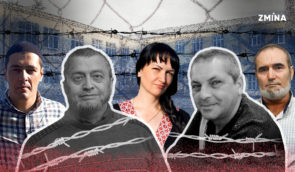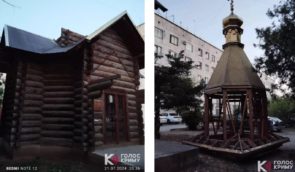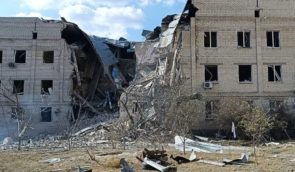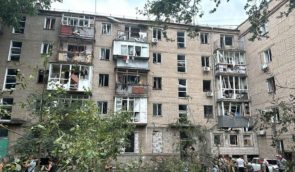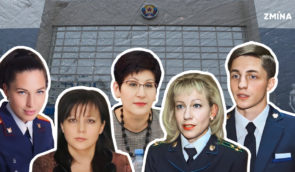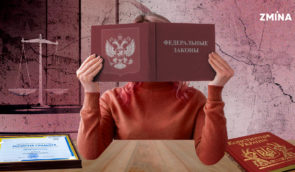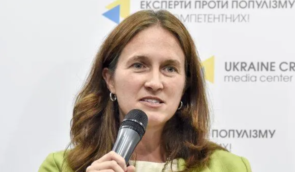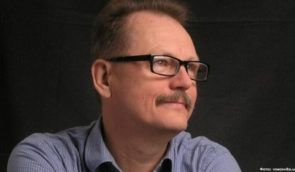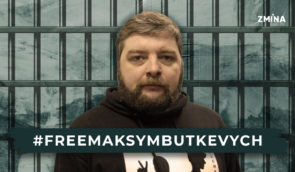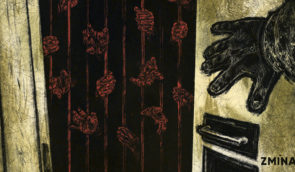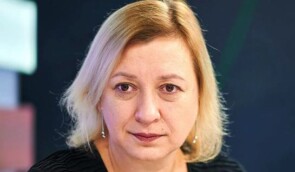Journalists urged to support persecuted journalist Semena in Crimea
In Kyiv, the lawyers have made public the information about journalist Mykola Semena, who is being persecuted in Russian-annexed Crimea, and called to support him.
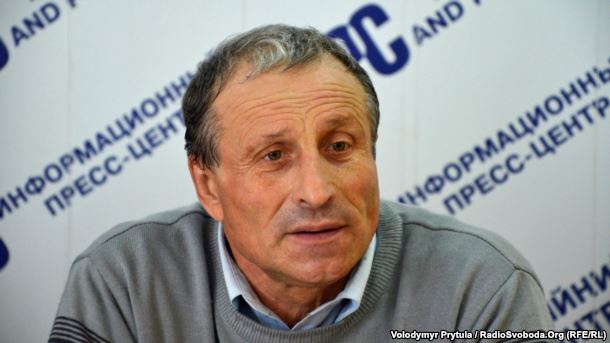
“The criminal case against Mykola Semena is the most striking violation of freedom of speech in Crimea, the right to freedom of speech of a journalist. We call on the journalistic community of Ukraine, Europe, and Russia, to assist their colleague. He did not call for violence. He called, according to investigators, to a certain rejection, aimed at the return of Crimea to Ukraine. This cannot be a crime,” journalist’s lawyer Oleksandr Popkov said this at a press conference in Kyiv on August 31, Crimea.Realities portal reports.
“If journalists want to help their colleague, we also ask the journalists, as well as non-governmental organizations in Ukraine to help us find the international experts to assist their Crimean colleague,” he added.
Head of Crimea.Realities project of Radio Liberty Volodymyr Prytula noted that Mykola Semena was being persecuted in Crimea for his professional duties.
“He has long been cooperating with Radіo Liberty and that is why he is persecuted. Mykola Semena is a well-known Ukrainian journalist, he is regarded as the master of the Crimean journalism. He has been working for almost 50 years. He has led many regional publications. He has been working for a correspondent in leading Ukrainian newspapers in Crimea – ‘Dzerkalo Tyzhnia’, ‘Den’. He also has been a correspondent for Moscovskiye Izvestiya Moscow newspaper. That’s why we rely on the solidarity of Ukrainian and Russian journalists. We also expect support of the international human rights and journalist organizations,” Prytula said.
First Deputy Minister of Information Policy of Ukraine Emine Dzheppar pointed out that to work as an independent journalist now in Crimea is a potential risk to life and health, and Mykola Semena is a clear proof of that.
“There is no freedom of speech in Crimea today. It is an informational ghetto. Journalists faced few alternatives – to leave profession or to work for the occupying state, but it is not the journalism in its classic form, or leave the territory of Crimea, as many did,” Dzheppar said.

